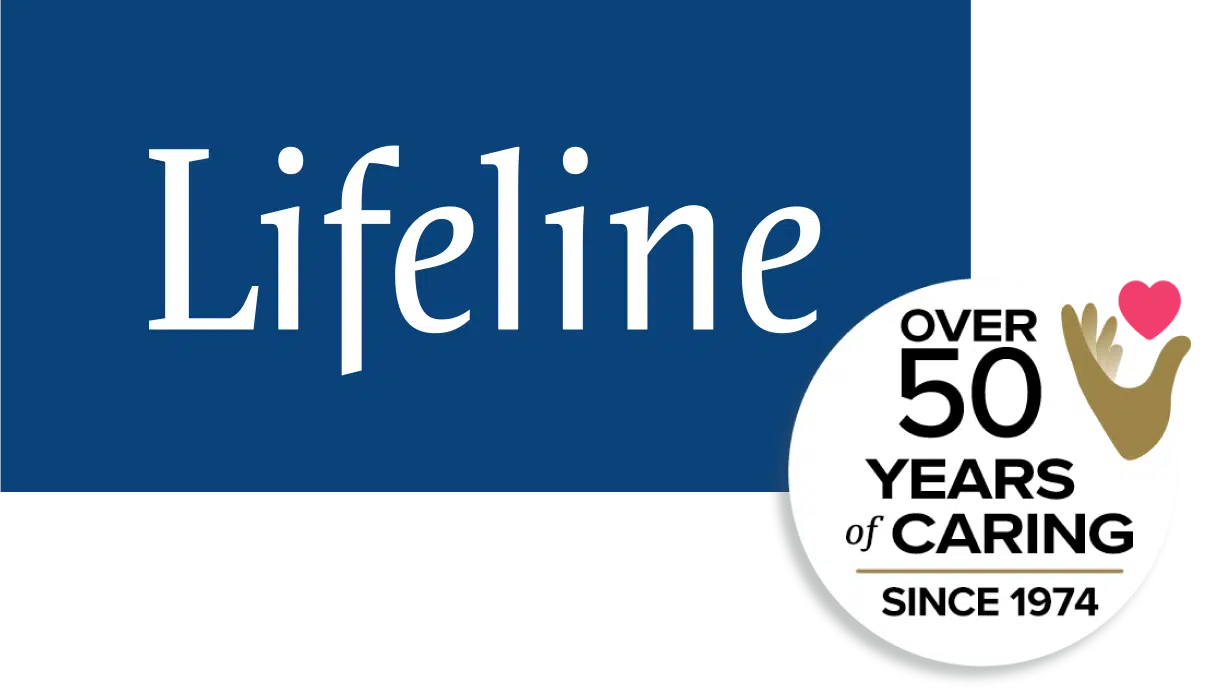Memory-related issues are a reality for many seniors, presenting both emotional and practical challenges for them and their caregivers. Addressing these concerns requires compassion, sensitivity, and effective communication techniques. Therapeutic communication plays a vital role in fostering trust, preserving dignity, and helping seniors navigate these difficulties with confidence.
This article explores strategies for empathetic communication, real-life examples, and valuable resources to guide caregivers and families in approaching memory-related conversations constructively.
Disclaimer: This information is not intended as a substitute for professional consultation, diagnosis, or treatment; it is provided “as is” without any representations or warranties, express or implied. Always consult a healthcare provider if you have specific questions about any medical matter, and seek professional attention immediately if you think you or someone in your care may be experiencing a healthcare condition or medical emergency.
Therapeutic Communication Practices
Clear, empathetic communication is essential when discussing sensitive topics such as memory-related concerns. For seniors, these conversations can evoke feelings of vulnerability, embarrassment, or frustration, making it crucial to approach them with care. Therapeutic communication emphasizes listening actively, validating emotions, and engaging seniors in collaborative discussions.
Memory-related challenges often affect a senior’s sense of independence and confidence. Effective communication helps preserve their dignity while building trust between caregivers and seniors. This approach reduces stress for everyone involved and promotes meaningful connections.
Understanding Memory-Related Issues
Memory-related conditions, such as age-related memory loss, dementia, and Alzheimer’s disease, are increasingly common among seniors. The Government of Canada reports that over 432,000 seniors are living with dementia, with numbers projected to grow significantly in the coming years.
These conditions can have profound emotional effects:
- Frustration: Seniors may feel defeated when struggling to recall familiar information.
- Embarrassment: Forgetfulness can lead to withdrawal from social interactions.
- Fear: Concerns about losing autonomy can heighten stress levels.
When engaging in conversations about memory concerns, respecting the senior’s perspective is critical. Instead of focusing solely on the challenges, caregivers should emphasize the senior’s strengths and capabilities.
Discover how to talk to seniors about Lifeline Canada’s medical alert systems.
Effective Communication Techniques
Therapeutic communication is a critical tool for addressing memory-related issues with seniors, requiring a balance of empathy, patience, and adaptability. By fostering constructive and supportive conversations, caregivers can build trust, preserve dignity, and reduce stress for both seniors and themselves.
Empathetic Communication
Empathy is the cornerstone of effective communication, enabling caregivers to connect with seniors on a meaningful level. Active listening is a fundamental practice involving:
- Focused attention
- Maintaining eye contact
- Refraining from interruptions
These actions convey respect and demonstrate a genuine interest in the senior’s perspective. Evidence suggests that such empathetic approaches can significantly alleviate anxiety and improve caregiving outcomes.
Similarly, using simple and clear language helps ensure that conversations remain accessible to seniors, particularly those experiencing cognitive challenges. Seniors often struggle to process complex sentences or jargon, and simplifying language reduces potential confusion. Open-ended questions, such as, “What strategies help you remember appointments?” invite participation, giving seniors a sense of agency and encouraging them to share their experiences. Research from the Alzheimer Society of Canada highlights the value of such strategies in fostering engagement and enhancing communication outcomes.
Building Trust and Reducing Stigma
Establishing trust is paramount when discussing sensitive topics like memory-related concerns. Validation plays a key role here—acknowledging emotions without judgment helps seniors feel understood and supported. For example, caregivers might say, “I understand it’s frustrating to forget things; let’s figure out some strategies together.” This approach, as supported by Canadian mental health studies, reduces stigma and fosters a collaborative relationship (ScienceDirect, 2020).
Focusing on strengths is another effective strategy. By emphasizing what a senior can still do well, caregivers shift the narrative from limitations to abilities, reinforcing the senior’s sense of control. Collaborative discussions, where memory concerns are framed as shared challenges rather than individual problems, also promote a sense of partnership and mutual respect.
Managing Challenging Conversations
When memory-related discussions become tense or overwhelming, caregivers must remain calm and composed. A patient, reassuring demeanour can de-escalate situations and create an environment conducive to problem-solving. Research emphasizes the importance of redirection techniques, where conversations are gently steered toward less sensitive topics if emotions run high (PMC, 2017).
Providing reassurance is equally crucial. Regular reminders that support is readily available can help seniors feel less isolated. Statements such as, “We’re in this together, and there’s help if we need it,” can provide comfort and instill confidence. The Dementia Strategy for Canada further underscores the role of reassurance in improving emotional well-being and reducing caregiver stress.
Therapeutic communication techniques such as these not only facilitate productive conversations but also strengthen the bond between caregivers and seniors. By addressing memory concerns with empathy and sensitivity, caregivers can create an atmosphere of trust, collaboration, and empowerment.
Real-Life Examples and Tips
Applying therapeutic communication in real-life scenarios demonstrates its value in addressing memory-related concerns effectively.
Scenarios
- Example 1: A caregiver notices a senior repeatedly forgetting medication times. Instead of expressing frustration, they gently say, “I see it’s been hard to keep track of your medications. Let’s try setting a daily reminder together.”
- Example 2: A family member encounters resistance when discussing memory concerns. They validate the senior’s feelings by saying, “I understand this might feel overwhelming, but I’m here to help. Can we explore some options together?”
Practical Tips for Caregivers
- Role-Playing: To anticipate possible responses, practice conversations with other family members or friends.
- Timing and Pausing: Choose a calm, relaxed time for discussions, and know when to revisit the topic if the senior becomes upset.
- Shared Activities: Engage in enjoyable activities to strengthen your bond before addressing sensitive topics.
Caregiver forums and expert interviews emphasize that building rapport before sensitive conversations can significantly improve outcomes (ScienceDirect).
Additional Resources
Supporting seniors with memory-related challenges requires access to reliable resources. Consider the following:
Organizations
Access a variety of trusted organizations offering resources, support, and advocacy to empower caregivers in their roles:
- Alzheimer Society of Canada: Provides comprehensive information on dementia care, support services, and educational materials.
- Carers Canada: Offers resources and advocacy for caregivers across the country, aiming to improve the quality of life for caregivers and those they support.
- Canadian Centre for Caregiving Excellence: Supports and empowers caregivers by advancing knowledge, providing resources, and advocating for effective social policies.
- Ontario Caregiver Organization: Provides comprehensive assistance, including a 24/7 helpline, peer support groups, and educational resources for caregivers in Ontario.
- Family Caregivers of British Columbia: Supports over one million caregivers in British Columbia with access to information, education, and support to enhance their caregiving experience.
Workshops
Therapeutic communication workshops tailored for caregivers are available across Canada, such as:
- Emotion-Focused Family Therapy (EFFT) Caregiver Workshops: Offers practical skills for advanced caregiving, including emotion coaching.
- Caregiver Support Groups and Workshops (Foundry Virtual BC): Offers virtual groups for caregivers of youth dealing with mental health or substance use challenges.
- Family Caregiver Workshops (ILRC Winnipeg): Covers topics like non-verbal communication, conflict resolution, and person-centred care.
Online Communities
Join caregiving forums to share experiences and learn from others navigating similar challenges:
- Ontario Caregiver Peer Support: A peer support program providing caregivers with an opportunity to connect and share with others who understand their experiences.
- Reddit: r/CaregiverSupport: A community-driven forum where caregivers can seek advice, share experiences, and find support.
Building on the wealth of resources and support available, Lifeline Canada enhances the caregiving journey with reliable tools and services. From advanced medical alert systems to an array of practical caregiving resources, Lifeline provides peace of mind by ensuring that help is always within reach.
Disclaimer: The resources and online forums listed in this article are provided for informational purposes only. Lifeline Canada is not affiliated with, endorsed by, or in partnership with any of the organizations, websites, or groups mentioned. As a result, the inclusion of these links does not imply any endorsement or recommendation.
Fostering Connection Through Understanding
Compassionate communication is key to building meaningful connections with seniors facing memory-related issues. By approaching conversations with empathy, patience, and understanding, caregivers can foster trust and alleviate stress for all involved.
Every effort to engage with seniors on these sensitive topics contributes to their overall well-being and sense of security. By equipping themselves with the right tools and resources, caregivers can create a supportive environment where seniors feel valued and empowered.
What You Should Do Now:
Here are 5 ways we can help you or your loved one live safer and more independently at home as long as possible:
- Get our latest tips, tools and resources straight to your inbox. Sign up for our monthly newsletter.
- Not sure if the time is right for a medical alert service? Take this quick assessment to find out.
- If you would like to learn how to live a healthier and safer lifestyle, go to our blog or visit our resources section, where you can read and download guides.
- Wondering which medical alert system company is the best for your needs? We’ve put together a guide comparing the best medical alert systems for you.



